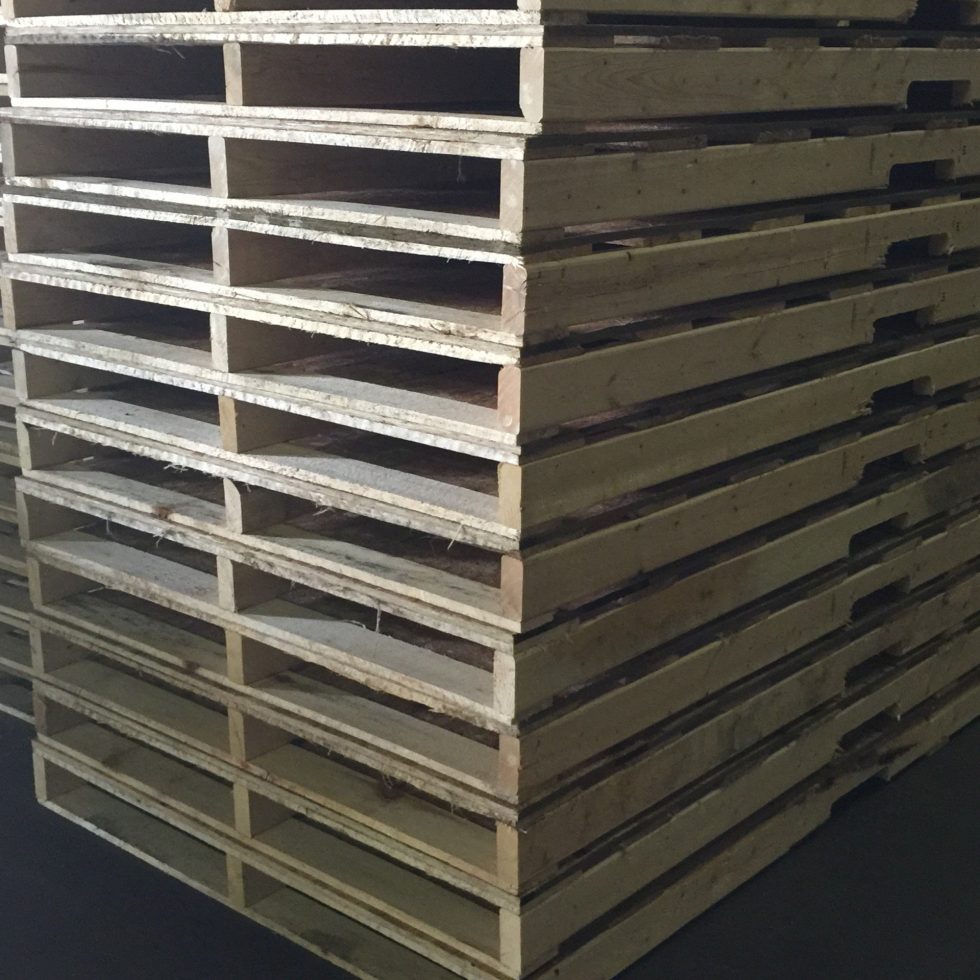In the dynamic world of transportation and warehousing, the value of timber pallets often goes overlooked. These seemingly simple yet effective structures serve as the cornerstone of warehouse and transportation systems, playing a crucial role in making sure goods are moved efficiently and safely. As the requirement for tailored solutions grows, wooden pallets have emerged as a blend of art and functionality, offering businesses the ability to tailor their warehousing solutions while maintaining long-lasting quality and strength.
The craft of creating bespoke pallets is not just about utility; it is about comprehending the specific requirements of each logistics space. From different sizes to custom designs, wooden pallets can be tailored to fit different goods and shipping methods. This flexibility enhances operational efficiency and reduces damage during transport, making tailored wooden pallets an essential component for any modern warehouse seeking to improve its operations.

Creating Personalized Pallets
Creating tailored pallets is an essential step in improving warehouse functionality. Every warehouse has distinct needs based on the products being stored or transported. By designing pallets that are tailored to precise dimensions and load requirements, businesses can boost storage efficiency and enhance the safety of their operations. Tailored designs facilitate for better space management, guaranteeing that warehouses can hold varying sizes of goods without utilizing valuable floor space.
The materials used in tailored pallet design also play a major role. Wood pallets, for instance, offer an ideal balance of strength, weight, and cost-effectiveness. Different types of wood can be employed to provide durability while maintaining the pallets light. Additionally, the finish can be uniquely modified to resist moisture, pests, or chemicals, which is crucial for industries like food storage and pharmaceuticals where hygiene and compliance are paramount.
Moreover, personalized pallets can be designed to include specific features that facilitate easier handling and transport. This may include user-friendly designs, such as built-in grips for more convenient lifting, or distinct configurations that make stacking and loading more efficient. By acquiring expertly designed tailored pallets, businesses not only improve operational efficiency but also reduce the risk of harm to goods and ensure the safety of their workforce.
Materials and Techniques
Wooden pallets are primarily made from hardwood or soft woods, each offering distinct benefits for different applications. Hard wood, such as oak wood, provide strength and durability and robustness, making them ideal for large loads and extended use. Soft wood like pine are lighter and cost-effective, suitable for lighter goods and one-time use. The choice of wood impacts not only the strength and weight capacity but also the price and environmental footprint of the pallets.
The construction of tailored pallets involves various techniques that improve their functionality. The traditional method of pallet assembly involves using nails or using screws to fasten the wooden boards in place, but advanced techniques like dowel connections and specialized adhesives can boost strength and stability. Additionally, modern manufacturing practices incorporate machinery to create accurate cuts, ensuring uniformity and reducing waste during production. This focus on precision in the construction process contributes to the durability and reliability of wooden pallets.
Finishing methods also play a crucial role in the effectiveness of pallets made of wood. Treatments such as heat treatment or chemical treatment can stop wood decay, insect infestation, and increase resilience to the elements. Tailored pallets are often marked with designs or markings, using methods like stenciling or print methods, which can serve both practical and marketing purposes. By combining high-quality materials with innovative construction and finishing techniques, custom pallets provide a flexible solution for warehouse requirements.
Applications and Benefits
Timber pallets are essential in various industries, serving several uses that improve efficiency and safety in distribution centers. They are commonly used for holding of goods, logistics, and handling of goods. Their strong construction allows for efficient stacking, making the most of height utilization. This is particularly beneficial in depots where maximizing limited space is essential. Tailored pallets can be crafted to fit exact product dimensions, ensuring a tight fit that minimizes movement during transit.
The gains of using timber pallets go beyond mere utility. Wood pallets are often favored for their ability to dampen shocks, which assists in defending the items being shipped. Their intrinsic properties also enable for enhanced breathability, minimizing risks of dampness and degradation of products stored for long periods. Additionally, pallets in tulsa are a green choice, often made from recyclable resources and can be repaired or converted, demonstrating a growing trend towards environmentally friendly practices in warehousing.
Additionally, the personalization of wooden pallets enables businesses to distinguish their activities. Bespoke design allows for branding opportunities and increased product appearance. In addition, tailored pallets can be optimized for specific handling equipment, such as lift trucks and hand trucks, leading to more efficient operations. Overall, the functions and advantages of wood pallets contribute significantly to streamlined warehouse processes, highlighting their crucial role in modern logistics.
